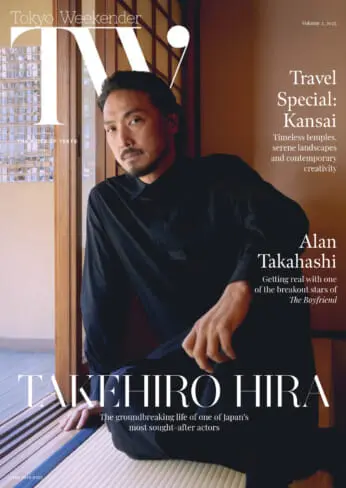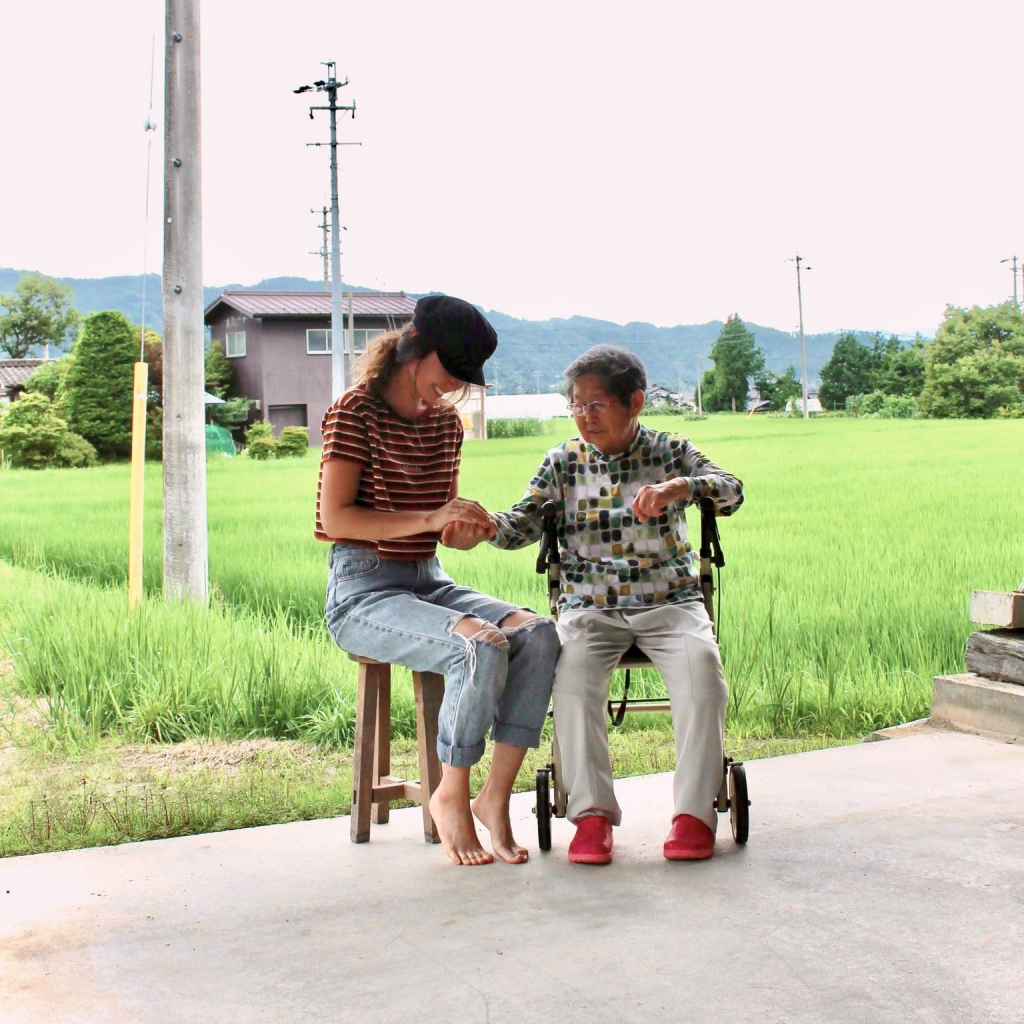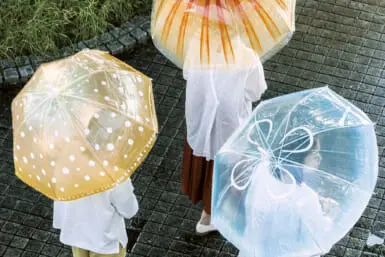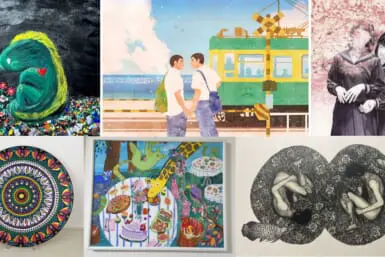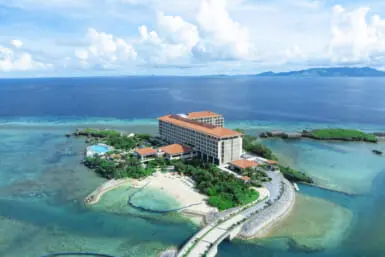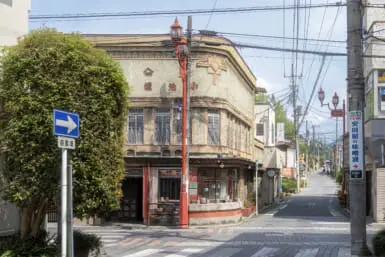When we stumble out of bed each morning and grab the nearest item of clothing, hardly any of us are thinking of its story; where it came from, who made it and where it will go after the edges have frayed and that hole becomes unwearable. But for those creating clothes in the sustainable fashion industry, these questions are at the forefront of their minds. We talked to Mima, whose clothing brand Mono Handmade focuses on making ethical, environmentally friendly clothes, and asked for some insights on the industry.
The shocking impact of fast fashion
Except for a few diehard naturists, we are all involved in the fashion industry and so have a responsibility for the shocking 8 to 10% it contributes to global carbon emissions; the three out of five pieces that will end up in landfill; and the astronomical 79 trillion liters of water depleted. That isn’t even touching on microplastics, the oil that makes polyester or toxic petrochemicals.
“People don’t even know that fashion is the second biggest polluter [of our waters] after oil,” says Mima. “Just that statement itself shows how much of an issue it is. I’m hoping that people become more aware of it. We’re getting there slowly, but I think we can make more changes.”
Starting the business
Growing up in New Zealand, she always possessed a sense of sustainability. “It was just a natural start for me,” says Mima. “My mom has always been into sewing. If I ever have any questions, I just go to her and ask.” After moving to Hawaii for school, she found her interest in fashion blossoming after making a pair of pants for the first time: “I would wear them and get approached by people asking me where I got them and that surprised me.”
In 2020, she visited her 93-year-old grandmother in Nagano Prefecture and stuck around when noticing a fervent demand for her handmade items. This seed flowered into the launching of her sustainable fashion brand, Mono Handmade, where she makes beautiful and ethical clothes sourced from a factory just around the corner. “[I use] all deadstock fabrics,” says Mima. “Lifted from the larger producers in the fashion industry. My goal with this sustainable brand is to be able to use all this waste rather than letting it go to landfill.”
It’s not easy being green
“I don’t see too much [awareness of sustainable fashion] in Japan,” says Mima. “Everyone’s just trying to get whatever’s on-trend. That’s a major issue in the fashion industry.”
Japan has certainly made strides in its SDGs (sustainable development goals). In a recent survey that asked 1,504 citizens about their eco-activities, there were many who used their own bag or recycled. There wasn’t much mention of a primary polluter: fashion. In fact, Uniqlo was unexpectedly highlighted as a leading eco-conscious company by respondents.
Part of the poorly named Fast Retailing Group, Uniqlo is notoriously tight-lipped about its fashion footprint. They scored a low 39.60% on the 2020 Fashion Transparency Index, meaning they cannot confirm who their suppliers are or that they are paying them a living wage.
“One thing we need to be aware of is greenwashing,” says Mima. Greenwashing is a word used when talking about companies who promote themselves as ‘sustainable’ or ‘eco-friendly’ when in reality they are doing more harm than good to the environment. But what can retailers do to genuinely help?
“Use more sustainable materials without toxic chemicals and pesticides. And be aware of who is making their clothes; a lot are very quick to get the cheapest production,” she says. “We don’t know that stuff. We don’t see it. It’s the brands who need to be more transparent about that. The more transparent a brand is, the more we can see how sustainable they are; the less transparent, the more they’re going to hide things as well.”
View this post on Instagram
What can we do?
“Do we ever ask ourselves, ‘Why is it that cheap? Who made it, are they being paid fairly and what kind of materials are being used?’ ” says Mima.
“Everyone has their own values. So being able to support brands that are going to align with your values is really important. When it comes to research, really dig into a specific brand that you want to support.”
Visit Mima’s online store at www.monohandmade.com and get some impressive pieces while also contributing to the sustainable fashion industry.
Find some local Mottainai flea markets to resell or buy pre-loved goods.
